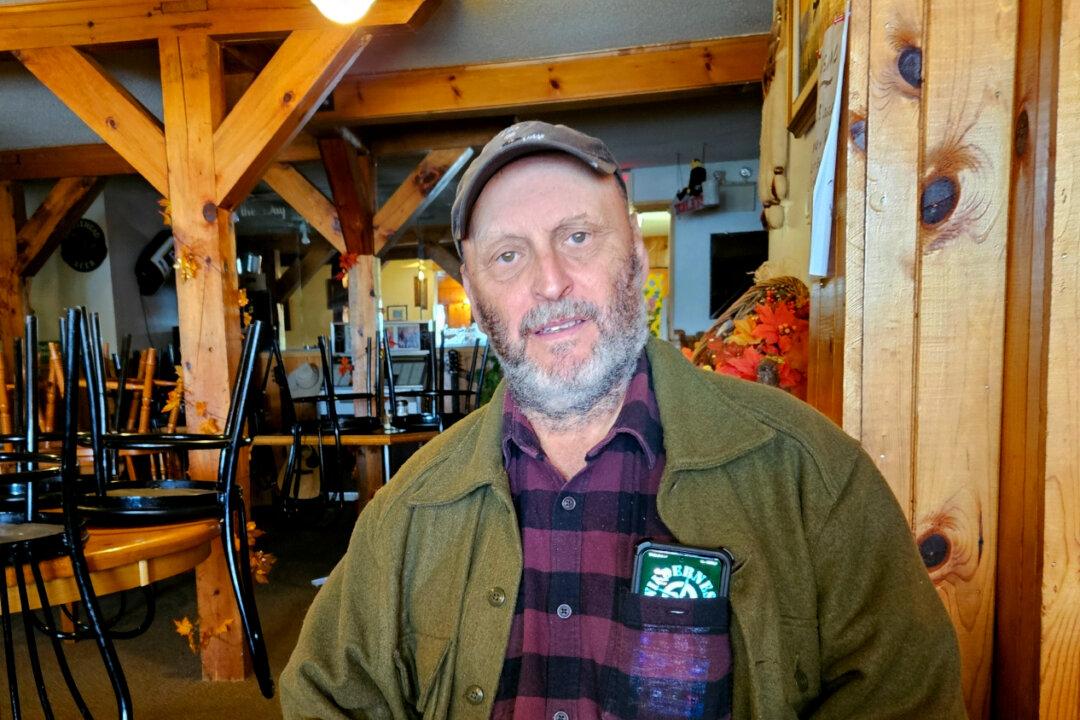CLOYNE, Ont.—The term “prepper” is not in every Canadian’s vocabulary. But when you pair it with “doomsday,” many people picture bomb shelters, canned goods, and post-apocalyptic fiction.
“I’m not a doomsday, apocalypse-type prepper,” said David Arama, as he sat in his lodge in Cloyne, a small village about three hours north of Toronto. A few paces away was the door to his concrete cellar stocked with food and water. He’s ready for almost anything, but not everything.





